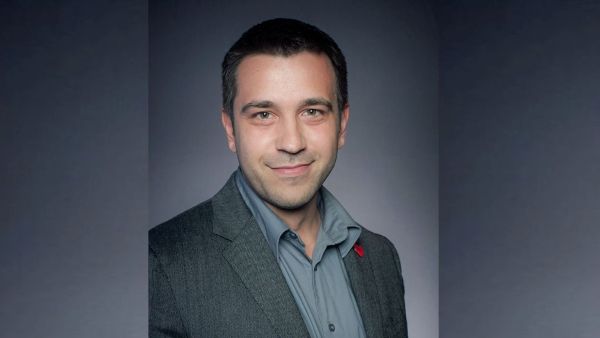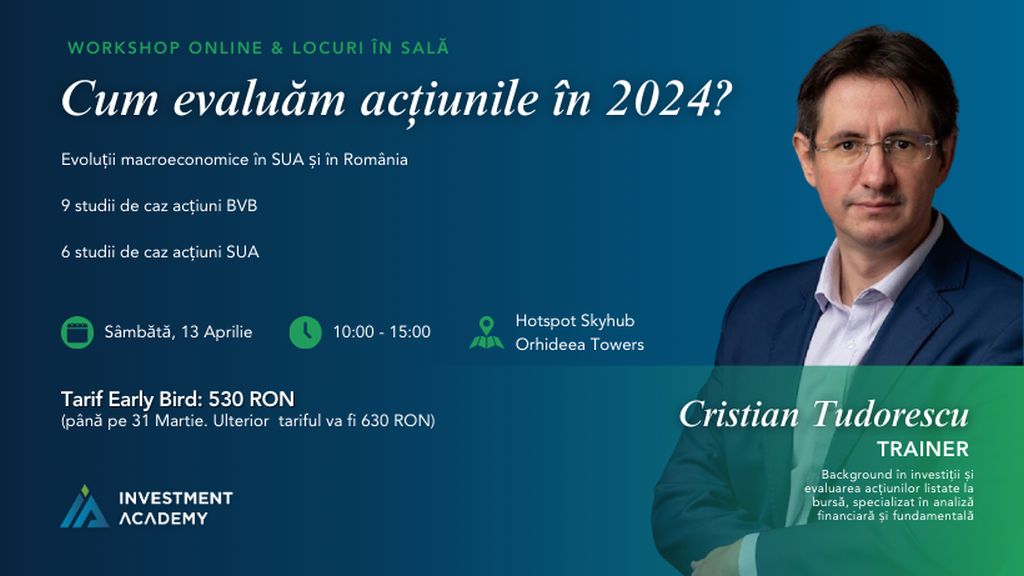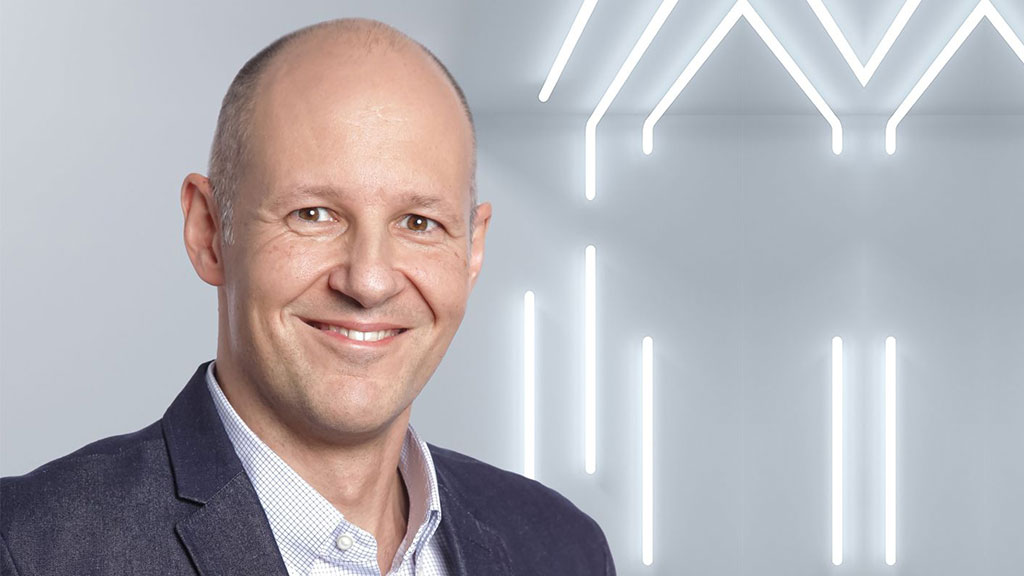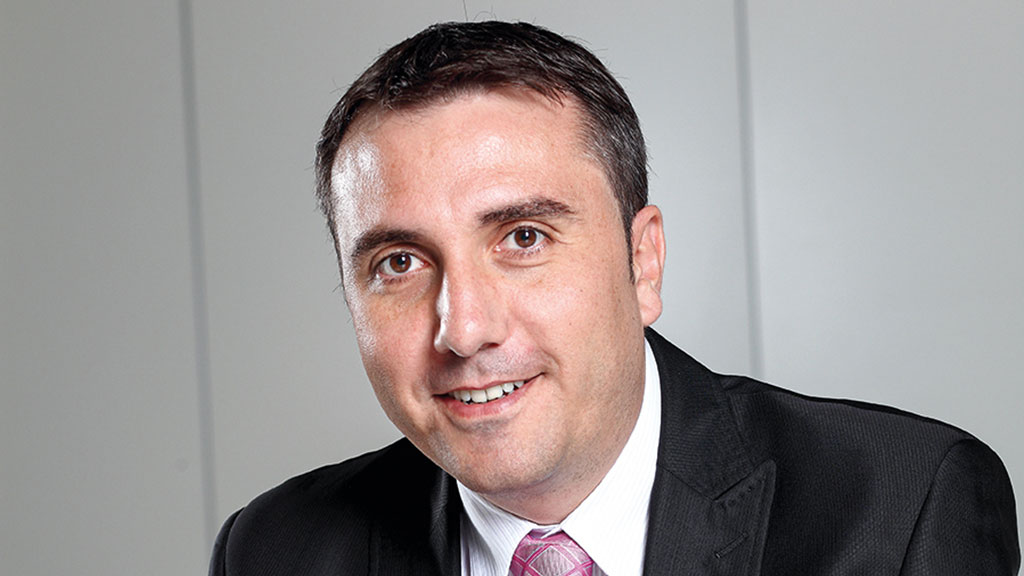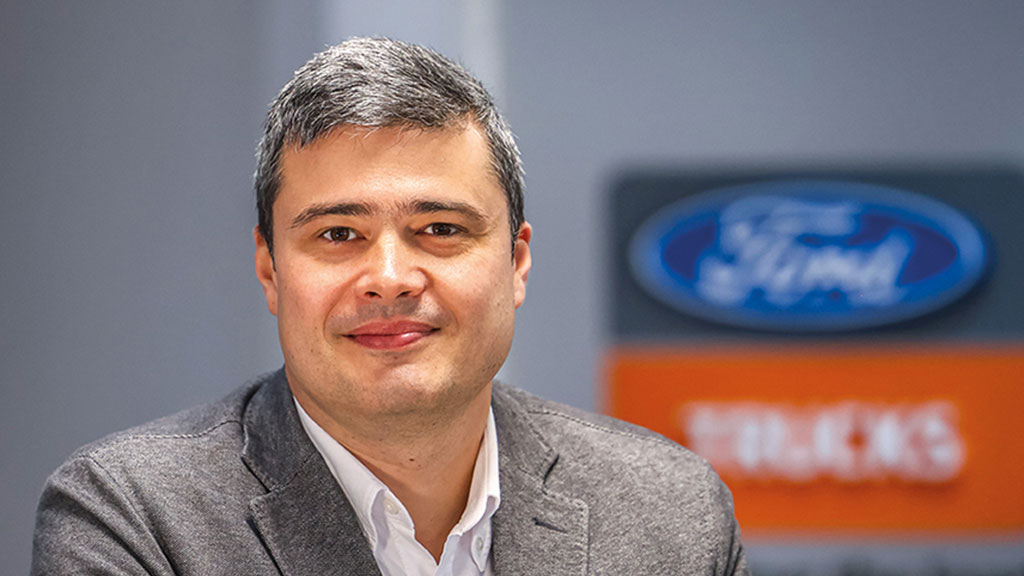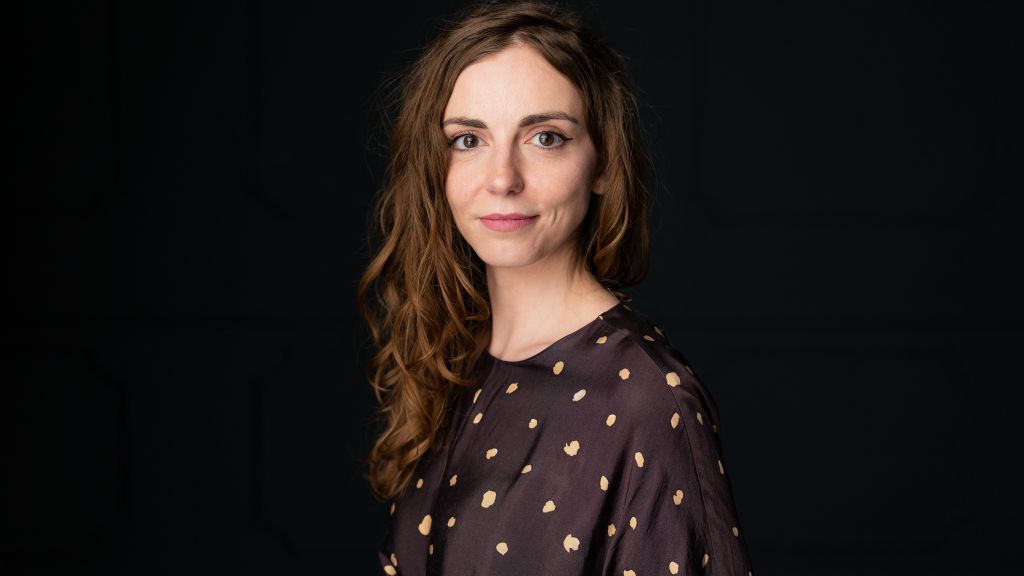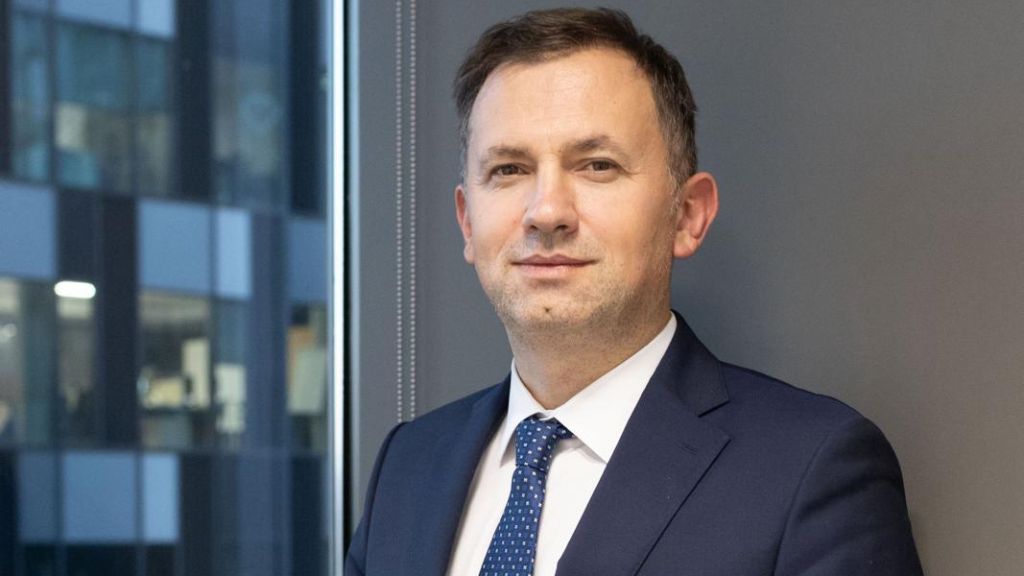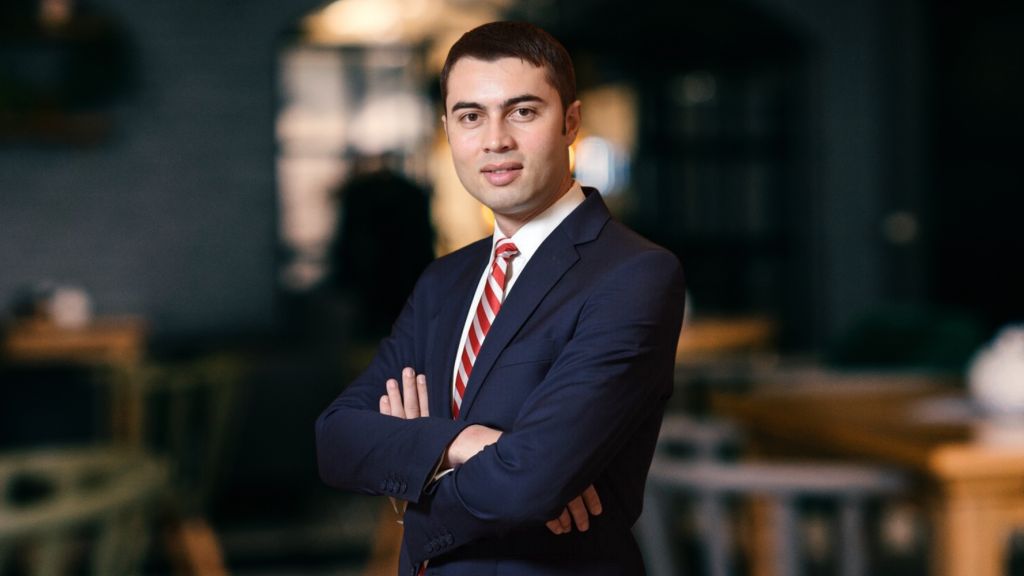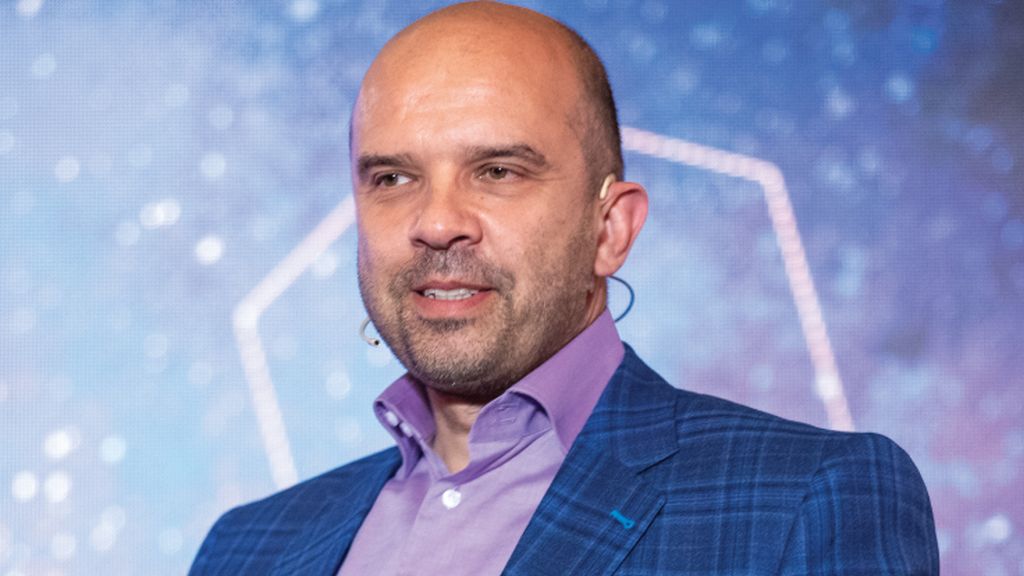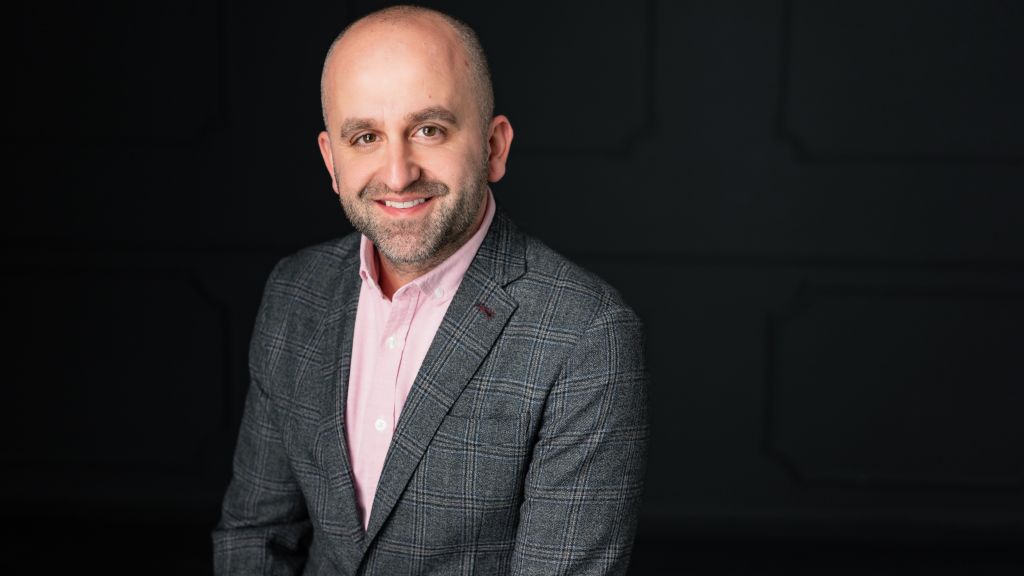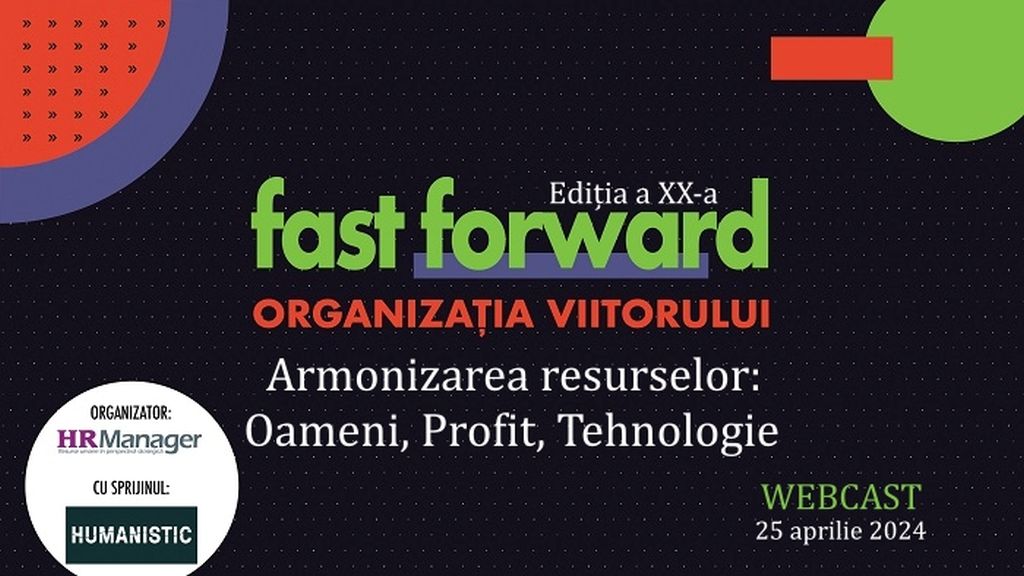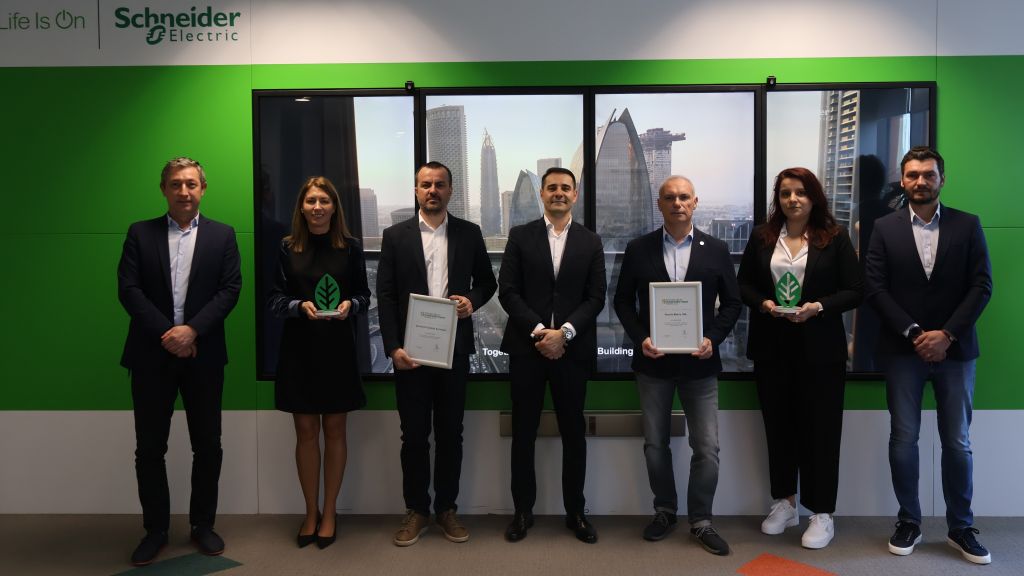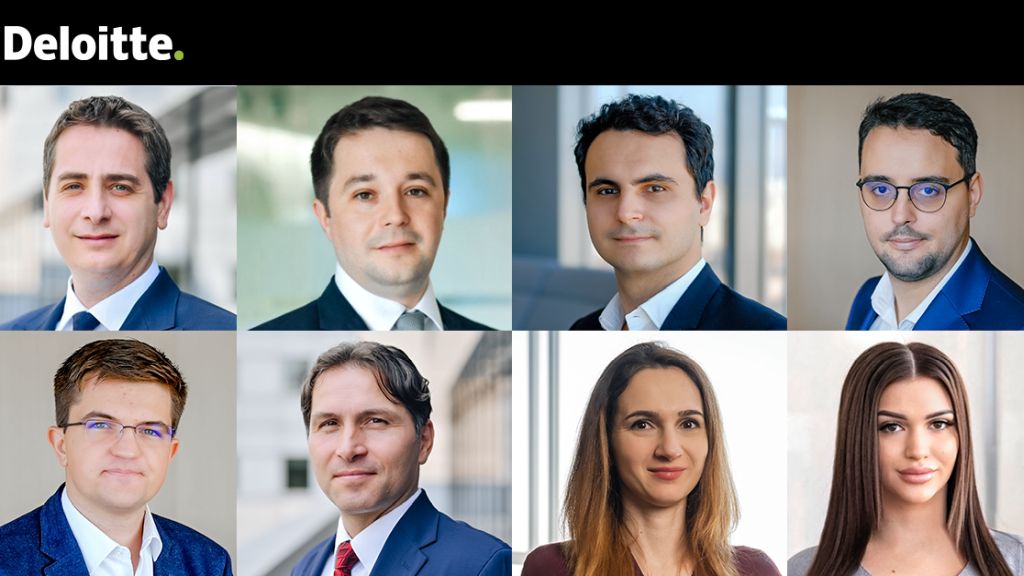Q: Please share with us what leadership means in the Industrial Revolution 4.0 era.
Sorin Popa: Leadership has always been about getting results. The thing that changed over the years is the way leaders get the results they want. It used to be that the leader decided the way ahead, he had the authority, he was signing the paychecks and everyone would follow his lead if they wanted to keep being part of that team. Nowadays things are a little bit different. More and more people are waking up to the fact that leaders don’t always know the better way and leadership is more of a skill than a birthright. Leaders need to keep growing and keep proving they deserve to lead or else they will be challenged. Todays world offers so many options, that if someone feels things are not moving ahead in the direction they want, they are free to prove themselves better than their leader, asume the leadership role and get themselves and the team to the next level. And if the company is possitionally led and leadership is more about position than results, anyone can just decide to leave and find a better place for them to grow.
This brings up two issues within a lot of companies: first, if you want to lead the old way, you need to keep your people from growing too much or you risk losing them to better leaders and better companies. Although this still works in many places, the 4.0 era will prove to be the end of this type of leadership. Secondly, if you want to keep getting results and keep growing in todays world, you need to constantly develop yourself as a leader and push your people to improve themselves. John Maxwell calls this the Law of the Lid. He says that a team will never grow beyong the level of its leader. Eventually the leader will stop the team from growing or the team will replace the leader with a better one and then keep going. However, if the leader keeps evolving then the team has room to grow.
I think in this era, leadership is about understanding that people want to grow and not just get paid. They want to be led by other people who are also evolving and can help them get to the level they want. People appreciate an imperfect but growing leader more than a know-it-all who just wants to rule.
Q: What is the new leadership model and what are the relevant changes impacting and shaping today’s leaders?
Sorin Popa: I think the new leader is an imperfect person who wants to get things done and understands that no individual result can compare with what a team of growing people can do. He knows that he is also on a journey and even though he might be ahead of the team, his team can help him grow as well. He admits his mistakes, is not afraid to show weakness and models consistency in growth for everyone in his team. The new leader understands what team effort means, he wants to help his people perform within their strengths, he challenges them to break their own barriers, shows them how he breaks his own limitations and they love him for that.
Access to information has never been better than it is today. Access to other growing leaders has never been easier. People who are natural born leaders but who are not working on developing themselves are constantly being replaced by new leaders who use this information and access to lead themselves up to the point where other people choose to follow them.
Q: Identifying and recruiting skilled leaders is a primary concern of the 4.0 Industrial Revolution. Where can you find these leaders?
Sorin Popa: Pretty soon we will no longer see growth without skilled leaders. So if we just follow the results they will show us the established leaders. Whenever I see a team performing, I know there’s a leader in there. It might not be the boss but someones definitely leading the team.
Although it will become more and more obvious who the authentic leaders are, I think the main focus in the future will be on finding the undiscovered leaders, those regular employees who have not led anyone yet but who can work miracles if given the chance.
To find the undiscovered leader, we need to be aware that it takes one to know one and it takes one to grow one. A true leader will always invest in growing his team and whenever someone in a team will show interest in growing and helping others, a leader will see that and will naturally be atracted to that.
True leaders understand that a team does not necessarily have one leader and multiple followers but instead it can have multiple leaders and multiple followers. Each leader might have a different strength zone and each leader can take turn in leading the team if his strength is needed. When a leader understands this, he will keep an eye open for future leaders in the team, not feeling threatened by them but in fact welcoming them as a value add for the entire team.
There’s a lot of undiscovered leaders in most ot the companies today. They are not being developed mostly because current leaders do not want to risk being replaced and secondly, they wouldn’t know how to let someone else lead for a while and just be a follower.
Are you looking for a good leader? Try looking inside your team. One might be there waiting for someone to believe in him and empower him to grow beyong his current level.
Q: How much do the traditional leadership skills matter in relation to the ‘’new leadership style and approach’’?
Sorin Popa: In his latest book, Developing the Leader within You 2.0, John Maxwell talks about the 5 levels of leadership saying that there will be people in a team who will never accept being led in any other way than the old way. Level 1 is the lowest level of leadership: the old way. Its when people follow the leader because they have to and not because they want to. Its when they follow the leader not because he is right but because he is the boss.
Within the John Maxwell Team, we do a lot of work helping romanian companies implement a new style of leadership and we get to see a lot of people who still need a boss, they still need to be “told” what to do and they just don’t care enough to grow themselves to any other level.
When you’re a growing leader, you might find yourself having to lead people who need a boss and not a leader. Traditional leadership skills, might come in handy until you can replace those people in your team or help them change.
You have to know however how to make a difference between people in your team and not treat everyone the same. There’s people who respect results, there’s people who respect force, there’s people who will be led by having a close working relationship with the leader etc. Leadership also means being able to dapt to whatever works for them, the people in the team. The goal is always to help them get to their next level by speaking their language.
Q: What must leaders do to face the challenges of an accelerating world in which century old businesses face the possibility of becoming obsolete in less than a decade?
Sorin Popa: The older the company, the stronger the culture within the company. And the stronger the culture is, the harder it is to adapt it to these times of change. When you’ve done things in a certain way for a hundred years, even if they’ve changed over the years, it still moves a lot slower than it should.
I don’t think these companies need to do anything different. It’s just harder for them.
Everyone in the Industrial Revolution 4.0 era needs to learn to empower people. To find the people who are more awake towards their potential and help them grow. Provide them with the tools to evolve to the level where they can take on more responsabilities. And then give them the responsabilities, the authority and the rewards that come with that kind of growth.
Q: How will we measure the success/failure of the new leaders and how will we re-educate older executives in the light of the new priorities imposed by the Industrial Revolution 4.0?
Sorin Popa: As I said in the beginning of this interview, leadership is ultimately about getting results. You measure leadership by measuring the results. If the team is getting better and better results, that means the leader is getting better himself. The new leadership style without results is just a bunch of friends spending good times together. It will not work. I love the question about educating older executives. I get it a lot. I have not seen the new leadership style forced onto anyone yet. If older executives do not the see the benefits of the new way of doing things, they will keep doing what they do until they will see the consequences of their way of doing it. Only then, will they become open and educate themselves.
One of the attributes ot the new leader is that he keeps growing himself to be able to lead a growing team. This means educating himself continuously. Until he is willing to educate himself, he will not grow. By using the Mastermind Group Model, we have been succesful in helping many older executives reboot their thinking and embrace a new journey of growth that hopefully will never stop again. The Mastermind Group brings teams together in a growth process and challenges them to think into their actions and results and to pull out lessons from their own experiences. Most of the times, we can see it in their eyes when the light comes on and they begin to see the posibility of trying other things.
Another tool we use quite a lot is called the Maxwell Leadership Game. In the context of playing a card game and having some fun, we challenge teams to talk about leadership challenges that they face inside their company and figure out ways of dealing with them. When playing the leadership game, people open up to each other and many barriers get dropped making it clear for us to see where improvement is needed. We can then create a custom process to help that particular team reach the next level.
Q: We know that your personal background and education is in IT. How does this help in teaching leadership in the era of digital transformation and Artificial Intelligence?
Sorin Popa: My IT background has helped me quite a lot in the last 8 years. I was able to use the latest technologies in building the largest John Maxwell Team outside of the United States. 90% of our activity, classes and services are online today. 80% of our clients come through our online marketing. We know that is
where the world is heading and that is where we wanted to be. The digital transformation is not a cyclical thing. It does not come and go. It is changing the game. The training industry can not stay on the sidelines. We need to be on top of it.
Q: What should I have in mind when I ask myself: do I have the right mentor?
Sorin Popa: First of all, I think that if you’re asking yourself this question you have realized the importance of mentorship in your life and business and that is a pretty big step. I could not have done what I have done in the last few years without good mentors. Mentorship should be a priority for any growing leader today.
Having the right mentor will not eliminate failure but in can decrease the number of times you fail quite a lot. When choosing a mentor you should always be very clear what you are choosing him for. You can have multiple mentors on multiple areas. I myself have a leadership mentor, a business mentor, a relationship mentor and a fitness mentor. However I do not recommend more than one mentor per area of growth. Every voice you listen comes with its own energy signature and if you listen to more than one voice per area of growth, you can get more confused rather than clear.
Secondly, you need a mentor that is still doing the things you need mentoring in. At the rate things are moving in this era, what was working 10 years ago might not be working today. So having a mentor who is still active and growing might be very helpful.
Thirdly, you want a mentor who is too busy to mentor other people. This may sound a bit strange but there;s a lot of former succesful people out there who are not doing anything anymore but mentoring young people. Its more of an ego thing for them rather then the desire to help them grow. You want a mentor who you need to work hard to get on his agenda and get some of his time. If your mentor has good results in the area you’re interested in growing, if he is still active and growing in that area and if he makes you feel you need to work hard just to continue to be mentored by him, you might just have the right guy.




